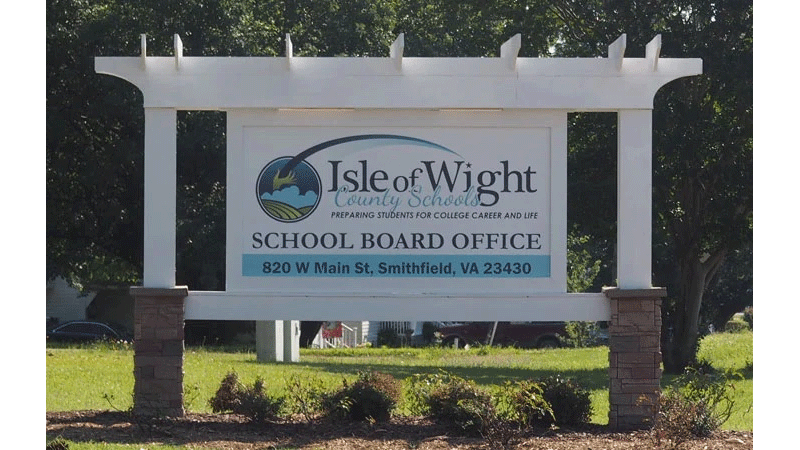Commonwealth preparing for more extreme weather
Published 10:01 am Friday, October 2, 2015
RICHMOND
Heavy rain caused flooding in parts of southwest Virginia and impacted 138 roads across the Commonwealth this week. Widespread flooding and expected rain from several weather systems, including the potential landfall of Hurricane Joaquin through the weekend could cause additional impacts statewide and hamper travel. Gov. Terry McAuliffe urges Virginians to prepare for hurricane-like impacts with these approaching storms as state personnel prepare to take emergency action, as necessary, to protect life and property.
“My team and I are closely monitoring the impacts of flooding around the Commonwealth and the potential for more extreme weather this week,” said McAuliffe. “We urge all Virginians to stay tuned to your local forecast and make a plan to stay safe in the event of flooding or other dangerous conditions. Don’t drive through high water. When roads are flooded, turn around and drive to a safe location. It may save your life.”
Impacts to Virginia:
• In Patrick County, the Bob White Bridge collapsed, apparently due to flooding, and an apartment complex was evacuated due to a mudslide.
• Schools were dismissed early in Craig, Floyd, Franklin and Montgomery counties due to flooding.
• Multiple swift-water rescues took place with no injuries or fatalities in Patrick County.
• Salem reported evacuations in low-lying neighborhoods and the Salem Civic Center was opened as a shelter.
“We’re taking these storms very seriously and so should you,” said Dr. Jeff Stern, Virginia Department of Emergency Management state coordinator. “If you are in an area that is prone to flooding, listen for instructions from local officials and be prepared to evacuate, if necessary.”
Get Ready
• Download the free Ready Virginia app for iPhone and Android, which features a customizable emergency plan, a checklist for gathering emergency supplies and an “I’m Safe!” feature that allows you to quickly send a text message to let family and friends know you are safe.
• Decide how and where everyone will meet up with each other if separated.
• Choose an out-of-town emergency contact for your family and give that person’s phone number to each family member.
• Sign up for text alerts/weather warnings that may be offered by your locality.
Prepare for flooding
• Know the weather terms and what you should do:
1. Flood Watch or Flash Flood Watch: There is an increased possibility of flooding or a flash flood in your area.
2. Flood Warning: Flooding is occurring or will likely occur very soon. If emergency officials advise you to evacuate, do so immediately.
3. Flash Flood Warning: Flash flooding is occurring. Seek higher ground immediately — don’t wait for official instructions.
• Be prepared to evacuate. If evacuated, don’t return to your home until local officials say it is safe. After floodwaters recede, roads could be weakened and could collapse. Buildings might be unstable, and drinking water might be contaminated.
• Use common sense and look for information. If water is rising quickly or you see a moving wall of mud or debris, immediately move to higher ground.
• Do not walk through moving water. Look for areas where the water is not moving. What might seem like a small amount of moving water can easily knock you down.
Drive safely
• Know the road conditions before you travel. Go to www.511Virginia.org or dial 511 from any phone for real-time traffic information and road condition reports.
• Do not drive into flooded areas. If your vehicle becomes surrounded by rising water, get out quickly and move to higher ground, if possible.
• Flood water might cut off access to roads. Be prepared to stay where you are until floodwaters recede.
Stay informed
• Listen to NOAA Weather Radio and your local media to know when flood watches and warnings are issued.
• More flood preparedness information is available at www.vaemergency.gov/readyvirginia/stayinformed/floods.
Other resources
• If you need help, information or resources during or after the storm, call 211. Those with hearing impairments can call 711 to connect to the Virginia Relay Center for assistance with the call. Videophone users may dial 1-800-230-6977.
• www.vaemergency.gov – go online or on your smart phone for statewide storm updates
• @vdem – Twitter feed for storm updates from the Virginia Department of Emergency Management





